Backpacking on Keto and Hiking Performance
By Davi Reid & Aaron Owens Mayhew, MS, RDN, CD
Updated January 14, 2024
This post may contain affiliate links.
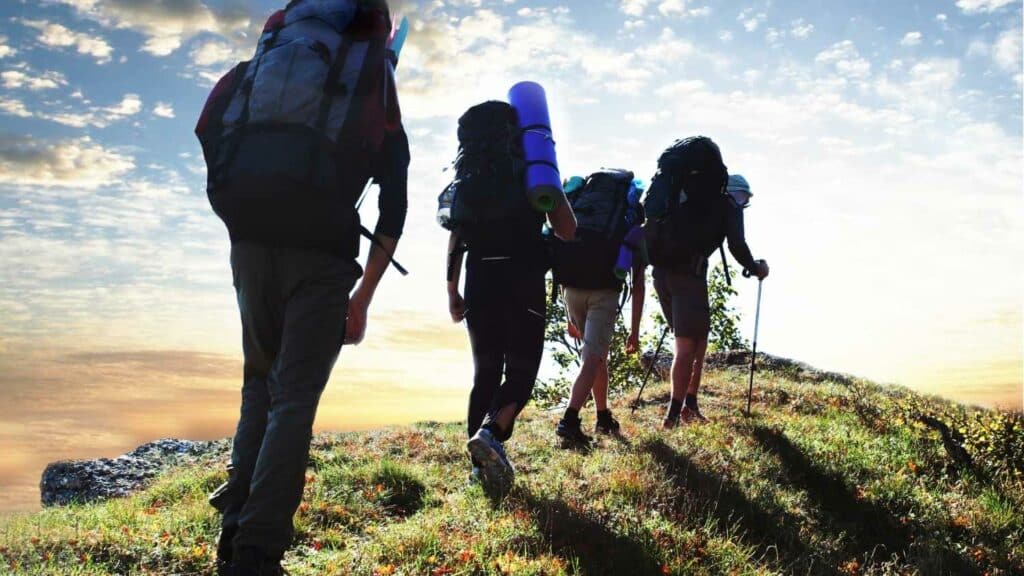
So, you’ve started backpacking on keto and even found some pretty tasty low-carb backpacking meals that fit your new lifestyle. If you read our Keto Backpacking: How to Eat Keto Smart post, you might have made some wise plans to take a multivitamin, add extra fiber foods, and stay better hydrated. Before you set out on your next day hike, backpacking trip, or thru-hike, you may want to ask one more important question: How might the keto diet affect your hiking performance? Read on for a sports nutrition perspective.
The Science of Hiking Performance on a Low-Carb Diet
If you’re someone who started the keto diet because you heard that low-carb, high-fat meals provide you with more energy, this section is for you. We’ll go over the science and explain some concepts around using keto backpacking meals vs. traditional high-carb meals for fuel. It’s about to get a little nerdy – but stick with us.
Fitness Level Matters
Research shows that a person’s fitness level influences how well their body can use fat for fuel. Why? Because the ketogenic diet relies on oxygen to turn fat into energy. And fitness level determines how efficiently we can use oxygen. Studies examining the effect of ketogenic meals on hiking performance show that oxygen plays a major role in utilizing fat for fuel. Exercise researchers use a number known as VO2Max to estimate a person’s ability to use oxygen. The higher your number, the more oxygen you can deliver to your muscles in one heartbeat.
Studies on endurance athletes and the general population have determined that people with a higher VO2Max have an easier time using fat for fuel. This will become more important when we talk about high exercise intensity (i.e., hiking up a mountain vs. strolling along a flat trail).
Keto Energy
It is true that high-fat foods contain more energy (calories) per gram of food than carbs. Fat has 9 calories per gram, while carbs have only 4 calories per gram. This is why many keto backpackers justify eating a low-carb diet.
However, carbs may still be your best bet from a hiking performance standpoint. This is especially true when you’re hiking at high intensity. When exercise gets hard, the body uses oxygen less efficiently. Recall from above that we need oxygen to use fat for fuel. So, the harder you work, the harder it is for your body to use fat for energy. But because your body does not rely completely on oxygen to use carbs, carbs can actually provide more energy per unit of oxygen during intense activities.
Translation: You'll probably feel better and climb that mountain faster if you're eating carbs.

Does the intensity of the hike matter while backpacking on keto?
A study on general population hikers concluded that hiking intensity depends on altitude, temperature, terrain, clothing, and weight carried. The researchers determined that hikers carrying under 7 pounds, wearing lightweight shoes, and traveling over easy terrain in good weather conditions could stay at a moderate intensity based on their measured VO2Max. The research concluded that at low and moderate intensities like this, the body can use fat for fuel just fine.
However, most hikes we go on don’t fall into this category. As a ketogenic backpacker, you’ll definitely want to consider the intensity of the hike, as research has shown that performance can suffer when eating a high-fat, low-carb diet for more challenging activities. Below, we will list a few factors that make most backpacking trips fall into the intense category.
Factors That Increase the Intensity of a Hike
Altitude & Elevation
As you ascend the trail, your body works harder to use oxygen. This is because there is less pressure at high altitudes, so oxygen does not pump to muscles efficiently. A study concluded that for every 330 feet in elevation, the body works 1% harder to meet its oxygen demand.
Backpack Weight / Load Carried
How heavy your backpack is can significantly affect your body’s ability to get oxygen. For a load carried that’s roughly 10% of your body weight, the body works 20% harder to supply muscles with oxygen. This means for a 160 lb (73 kg) male, a 16 lb (7.3 kg) load can disrupt your keto-fueled mission.
Terrain
If you’re trekking in the snow, on rock, or on an uneven trail, this can also contribute to the intensity of hiking. Also, ascending and descending, which are staples in most backpacking journeys, can make the trip more difficult. A study on backpacking concluded that the average grade for trips is around 15%.
Given that backpacking almost always includes elevation, terrain changes, and a heavy load, high-carb meals might be a better choice for fueling your body. Of course, choosing what to eat is much more important for longer trips or thru-hikes than for a weekend or day hike. Feeling less energetic because of your keto diet is probably doable for a few days but may not be worth it for a multi-week adventure.

Hiking Performance Pitfalls While Backpacking on Keto
Although ketogenic backpacking may still sound like a good idea, you’ll want to consider two possible long-term effects that can occur from a low-carb, high-fat diet approach.
- Impaired glucose use
- Heart disease
Glycogen is a chain of glucose (carbohydrate) molecules. Our bodies store carbohydrates as glycogen, breaking pieces off for fuel as needed.
Research has shown that a low-carb, high-fat diet decreases the body’s ability to use glycogen for fuel at higher intensities. So, limiting your carbs over time may impact your ability to do things like sprint or perform optimally on a high-altitude trek. If you use fat for fuel as your main source of energy but eventually need to switch back to carbs, your body may have trouble doing so effectively.
In addition, a diet high in fat can negatively affect your total cholesterol and LDL cholesterol levels. LDL cholesterol is associated with an increased risk of heart disease. Consuming omega-3 fats and monounsaturated fats are good ways to combat heart disease. Below are some foods high in omega-3 and monounsaturated fats.
Foods to Reduce the Risk of Heart Disease While Backpacking on Keto
Omega-3 Fat Sources
Monounsaturated Fat Sources
Summary
We hope you’ve found this information useful. We’ve gone over how the ketogenic diet can affect hydration and fluid needs, vitamins, minerals, fiber, hiking performance, and the long-term risk of heart disease. We wish you well on your adventures in the backcountry!
Ready to learn more about what to eat before, during, and after hiking?
Consider checking out our “Don’t Just Eat, Eat Well” on-demand masterclass.

DISCLOSURE: Some of the links on this page are affiliate links, which means we may receive a modest commission if purchases are made through those links. This adds no cost to our readers and helps us keep our site up and running. Our reputation is our most important asset, so we only include links for products we use ourselves.
Did you find this post helpful?
Pin it and share it with your fellow hikers.
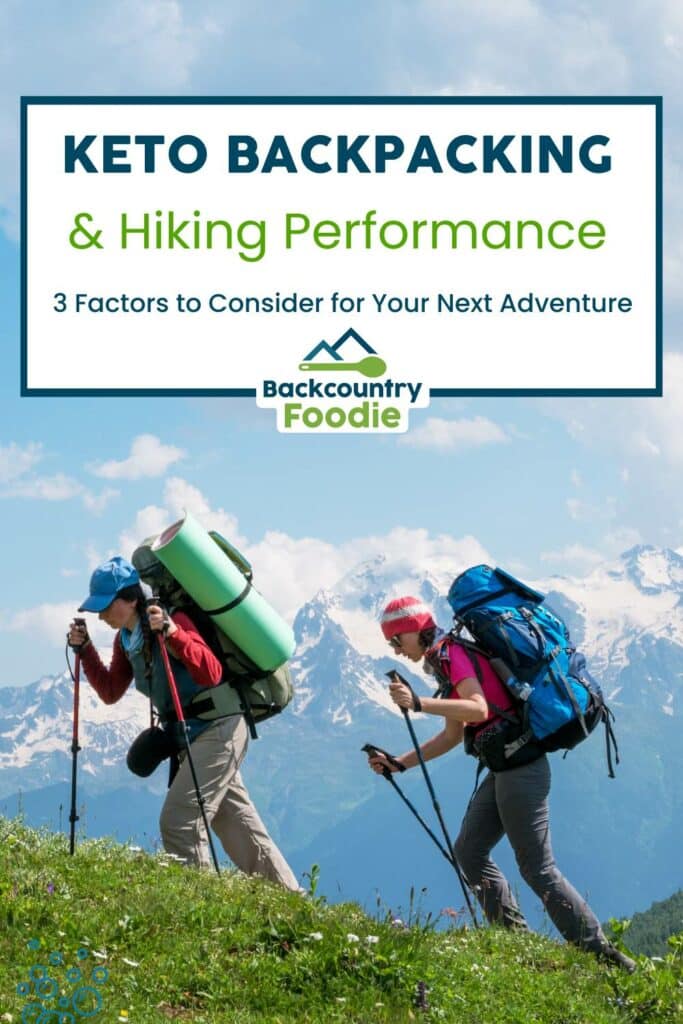
Are you new to our blog?
Consider checking out these posts:
- Keto Backpacking: How to Eat Keto Smart
- Keto-Friendly Tuna Salad – Ultralight Backpackpacking Recipe
- Cold Soaking Guide for Stoveless Backpackers
- Top 6 Nutrition & Hydration Tips for High Altitude
ABOUT THE AUTHORS:
Davi Reid is a dietetic intern mentored by Aaron Owens Mayhew. He holds a Bachelor of Science degree in Nutrition & Dietetics. He’s also an avid culinary connoisseur and started cooking at age five. When he’s not around food, he’s training as a hybrid athlete who runs marathons and strength trains. His current hobby is photography, and he plans to run his own business one day.
Aaron Owens Mayhew, MS, RDN, CD, is a registered dietitian and ultralight long-distance backpacker with over 20 years of nutrition and backpacking experience. She’s also the founder and owner of Backcountry Foodie, an online ultralight recipes and meal planning platform for backpackers. She also enjoys teaching hikers about backpacking nutrition via virtual masterclasses, YouTube videos, and podcast episodes. You can follow Aaron’s adventures in the kitchen and the backcountry via Instagram and Facebook.
References:
- Burke LM. Ketogenic low-CHO, high-fat diet: the future of elite endurance sport?. J Physiol. 2021;599(3):819-843. doi:10.1113/JP278928
- McSwiney FT, Doyle L, Plews DJ, Zinn C. Impact Of Ketogenic Diet On Athletes: Current Insights. Open Access J Sports Med. 2019;10:171-183. Published 2019 Nov 15. doi:10.2147/OAJSM.S180409
- Durkalec-Michalski K, Nowaczyk PM, Siedzik K. Effect of a four-week ketogenic diet on exercise metabolism in CrossFit-trained athletes. J Int Soc Sports Nutr. 2019;16(1):16. Published 2019 Apr 5. doi:10.1186/s12970-019-0284-9
- Cao J, Lei S, Wang X, Cheng S. The Effect of a Ketogenic Low-Carbohydrate, High-Fat Diet on Aerobic Capacity and Exercise Performance in Endurance Athletes: A Systematic Review and Meta-Analysis. Nutrients. 2021;13(8):2896. Published 2021 Aug 23. doi:10.3390/nu13082896
- Zajac A, Poprzecki S, Maszczyk A, Czuba M, Michalczyk M, Zydek G. The effects of a ketogenic diet on exercise metabolism and physical performance in off-road cyclists. Nutrients. 2014;6(7):2493-2508. Published 2014 Jun 27. doi:10.3390/nu6072493
- Burtscher M. Exercise Capacity for Mountaineering: How Much Is Necessary? Res Sports Med. 2004;12(4):241-250. doi:10.1080/15438620490497332

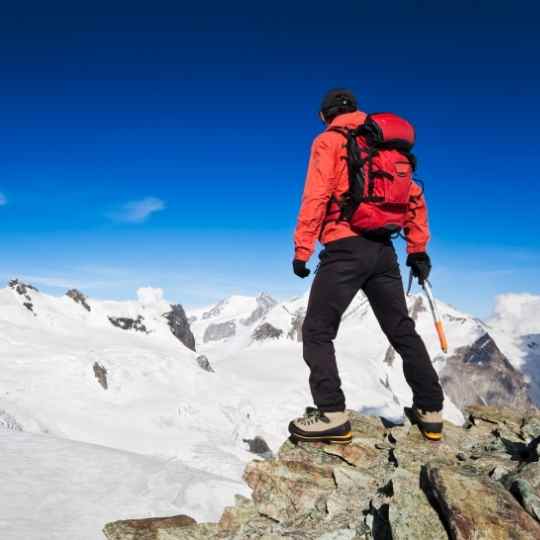
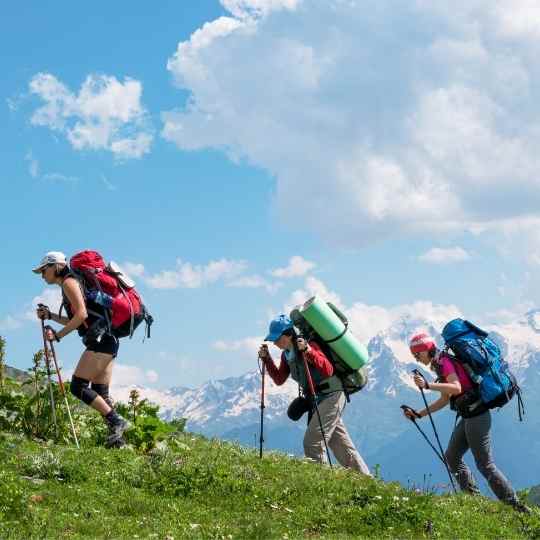
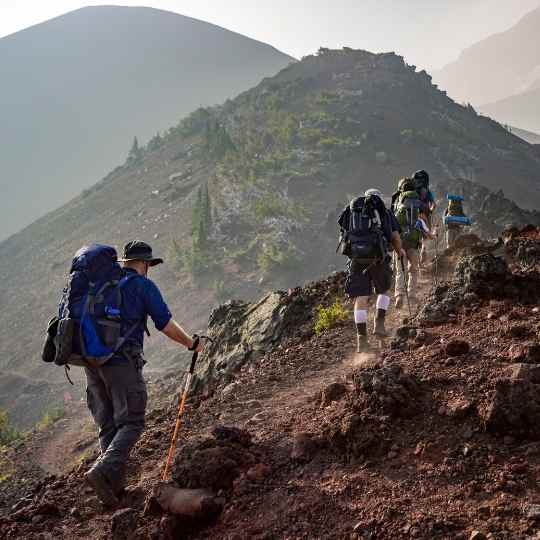
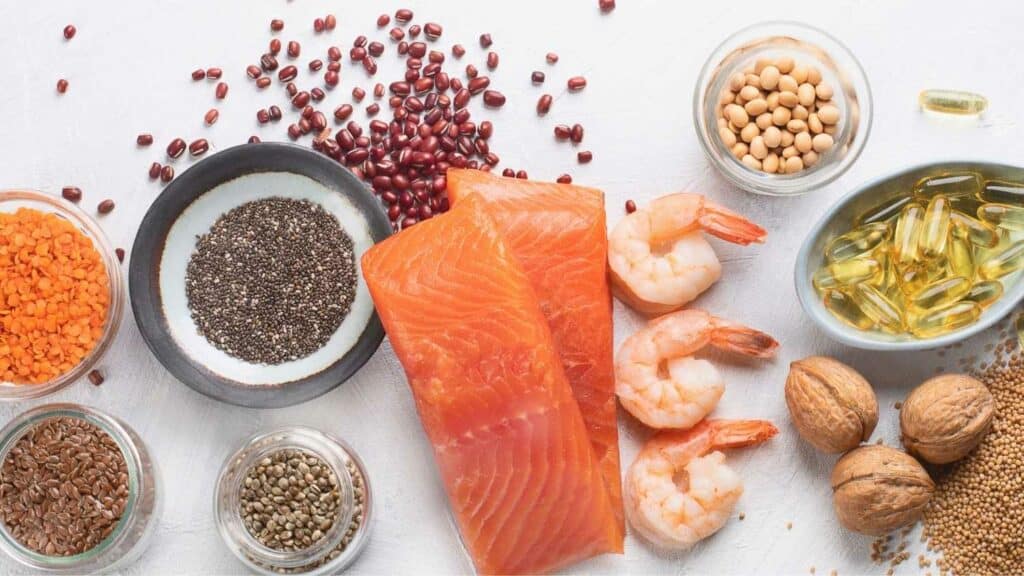
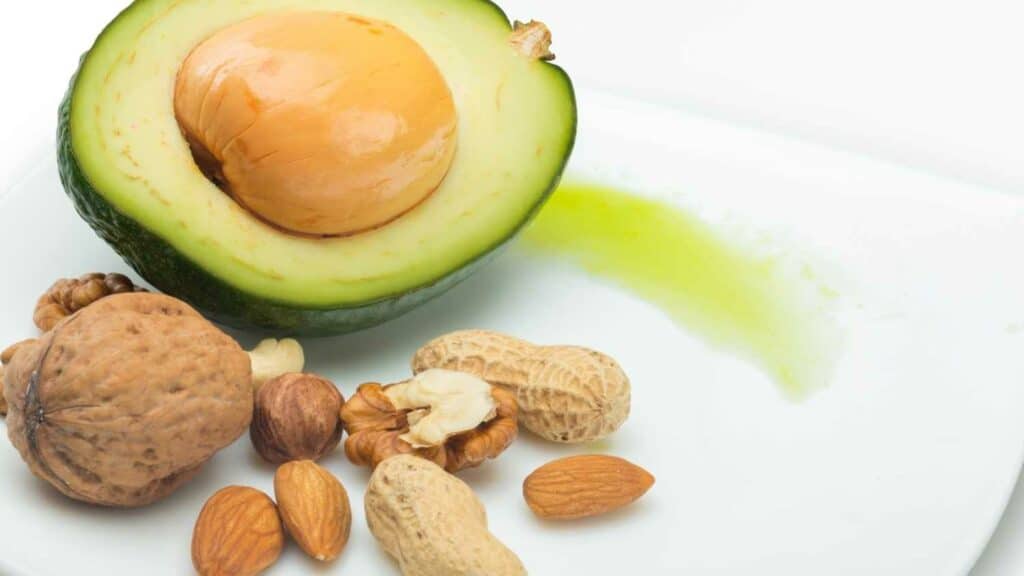
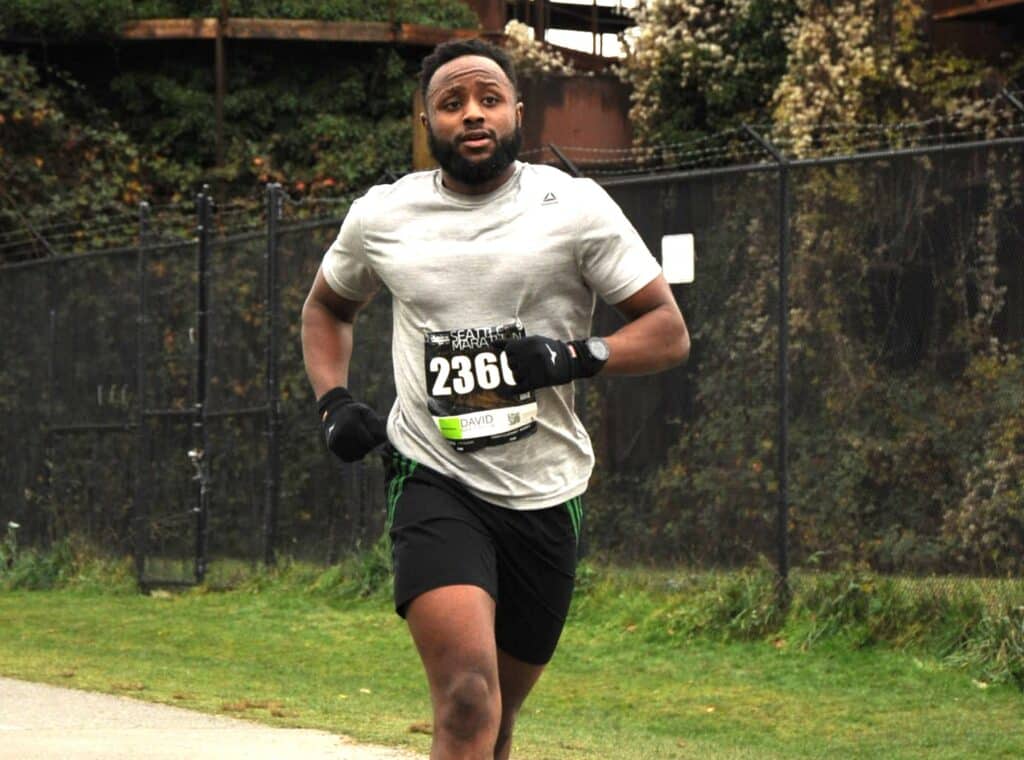
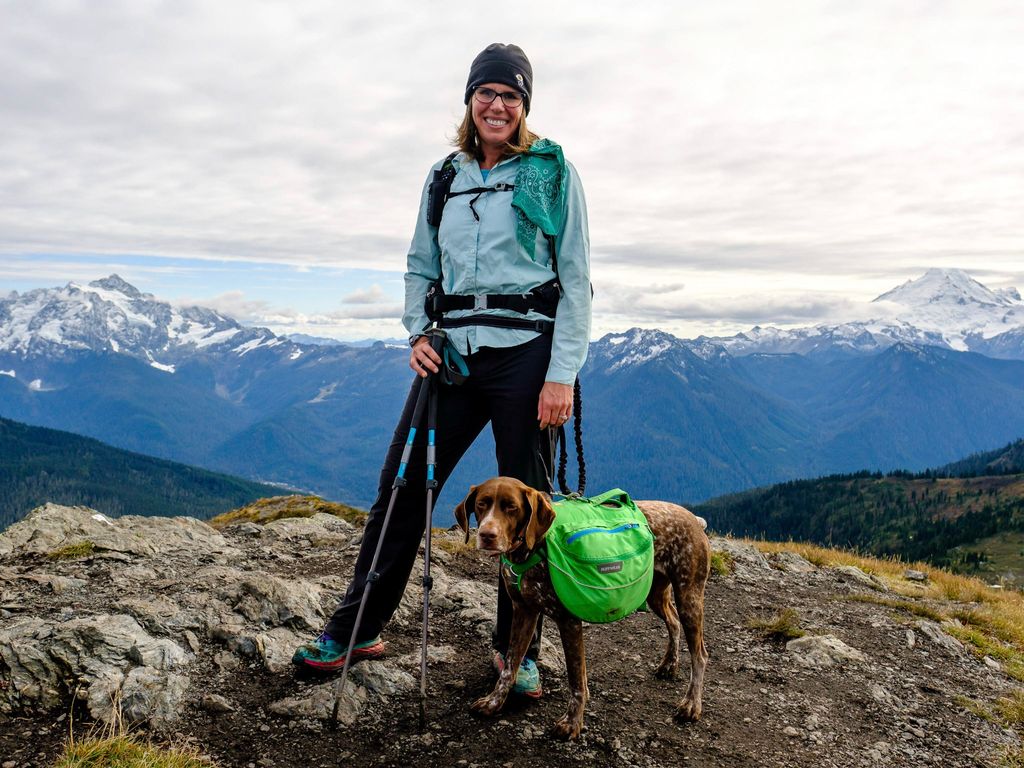
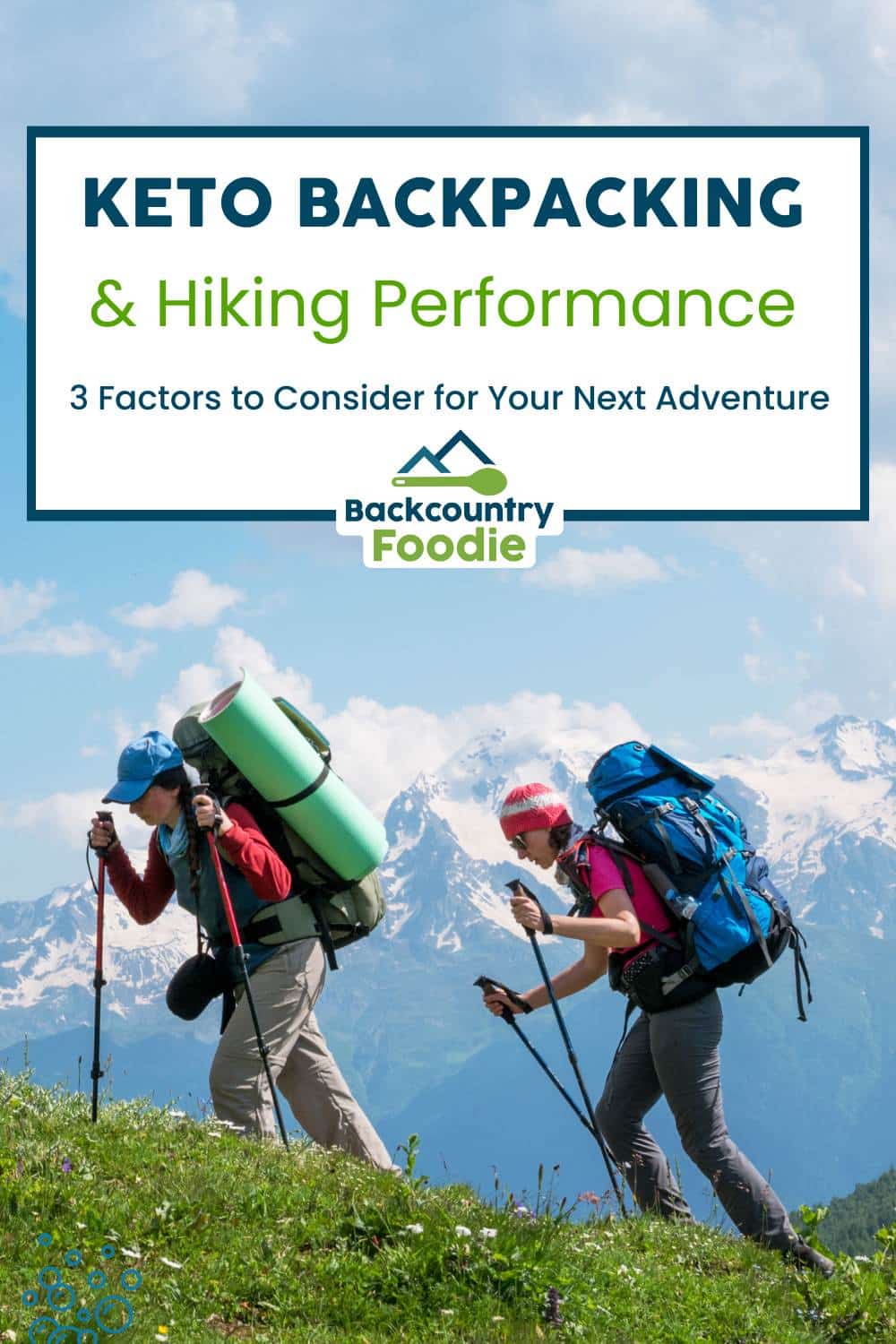
Leave a Reply